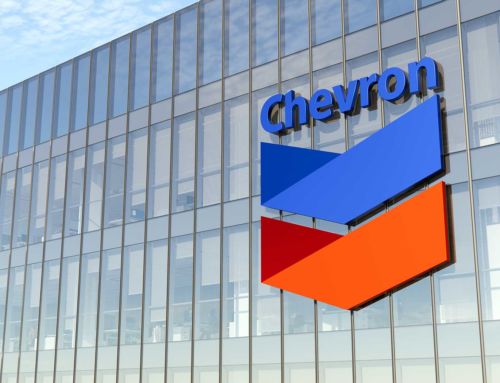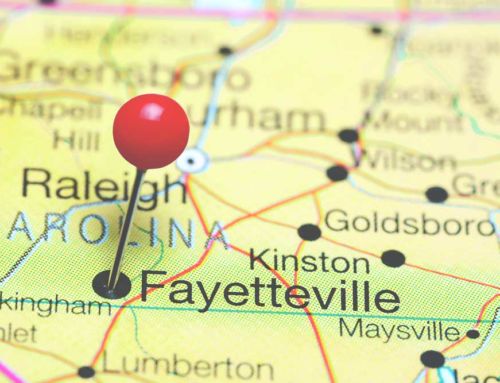If Congress passes its new toxic chemicals bill with the current proposed language, Monsanto may argue that they are protected from litigation involving PCBs (polychlorinated biphenyls). But that doesn’t mean municipalities throughout the U.S. will not continue to fight the company to recoup costs associated with cleaning up PCB contamination in waterways and other areas across the country.
Monsanto was responsible for manufacturing nearly all of the more than 1 billion pounds of PCBs that were sold in the United States between the 1930s and 1977, when Congress banned the chemical. PCBs were used in many different applications, including electrical transformers, pesticides, paints and many, many more. However, they are linked with many health problems in animals and humans, including cancer. They have not only contaminated school buildings, but also lakes, bays, rivers and other bodies of water. Several municipalities have sued Monsanto for the costs associated with PCB cleanup.
However, on March 1 The New York Times reported that a little-known paragraph inserted into the chemical bill before Congress could be designed to help Monsanto argue against PCB contamination lawsuits from municipalities nationwide.
A Complicated Issue
Last year, both the House and Senate passed separate versions of a new bill designed to replace the Toxic Substances Control Act (TSCA), which was made into law in 1976. Just about everyone agrees the Act has become so unwieldy that an overhaul is needed.
They just can’t agree on how to accomplish it.
The list of complexities involved with the differing House and Senate versions is too extensive to get into here. But one of the main sources of contention is what has been termed the “Monsanto Clause.” If the bill passes with this clause included, Monsanto may argue that they are shielded from liability from litigation surrounding PCB cleanup.
Of course, no one will say out loud this paragraph is a gift to Monsanto, and a company spokesperson says Monsanto didn’t ask for it to be inserted. But Monsanto has already cited language in the House bill in an effort to dismiss some PCB cases.
Democratic presidential candidate Hillary Clinton shared her opinion on the topic. According to an article that appeared on the website of The Hill, a publication that keeps track of legislation and the inner-workings of Congress, Clinton said there should be no “carve-outs” protecting companies from liability for PCB contamination. She said the loophole should be removed from the House version of the new bill.
Several state attorneys, environmentalists and others are decrying certain areas of both the Senate and House versions, so it will likely be a long time before a unified bill comes out of Congress.
Speak Up
We believe Monsanto should be held accountable for the water contamination it has caused across the country. If you agree, let your opinion be known. Call your local House representatives and your U.S. senators to let them know how you feel.
[greybox]If you represent a municipality that has suffered PCB contamination, Baron & Budd may be able to help. [contactformlink text=”Contact us online”] or call to learn more about how you can hold Monsanto accountable.[/greybox]


